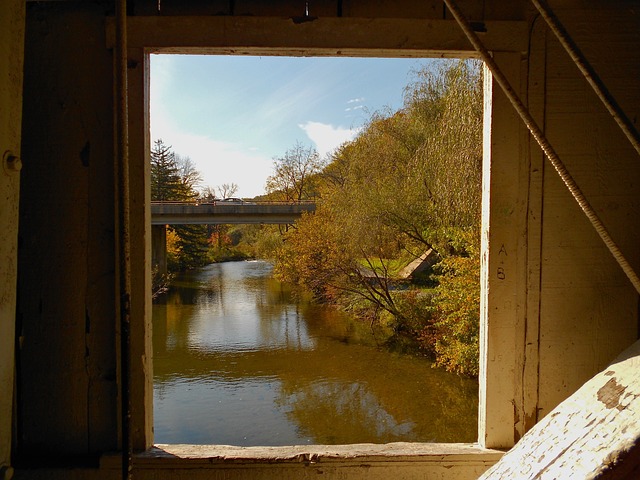July 28, 1860: Prof. S. Wilson makes an ascension in the balloon “Great Western.”After several mishaps, he successfully landed at Sharpsburg (Allegheny County).
Oct. 1, 1860: Pittsburghers welcome the Prince of Wales (later England’s King Edward VII) to the city.
Nov. 24, 1860: As the Civil War approaches, a number of Pittsburgh banks suspend specie payments.
Dec. 27, 1860: Outraged citizens refuse to allow guns from Allegheny Arsenal to be shipped south, for fear that the South will use them it is secedes. Hussey, Wells & Co.
produces crucible steel directly from iron bars. Population is 49,217 in the city of Pittsburgh, 28,702 in Allegheny City, 178,831 in Allegheny County.
Feb. 15, 1861: President-elect Abraham Lincoln speaks in the city.
Apr. 24, 1861: Companies of the 2nd Regiment, Western Pennsylvania Volunteers leave Pittsburgh for Harrisburg.
Oct., 1861: A branch of the U. S. Sanitary Commission is established in Pittsburgh to receive clothing and medical supplies for federal troops.
Sept. 17, 1862: An explosion at Allegheny Arsenal kills 73 workers, many of whom were young women and children.
Nov. 25, 1862: Composer Ethelbert Nevin is born in nearby Edgeworth.
Mar., 1863: Formation of the Pittsburgh trades’ assembly marks the beginning of general labor organization in Pittsburgh.
Apr., 1863: Herrick Johnson chairs the Christian Commission which assumes many of the activities of the Sanitary Commission.
May, 1863: Pittsburgh blacks join two Massachusetts regiments. Later they saw combat at Hilton Head, S. C.
June, 1863: Lee’s invasion of the North, and Confederate cavalry raids led by J. E. B. Stuart alert Pittsburghers to the possibility of attack. 10,000 workers begin
construction of a series of forts and gun emplacements ringing the city.
July 4, 1863: Work on the fortifications is complete, but Lee’s defeat at Gettysburg ends the fear of invasion here.
Jan. 13, 1864: Pittsburgh composer Stephen Collins Foster dies in New York.
Apr. 1, 1864: Allegheny City’s new city hall is ready for occupancy.
June 1, 1864: The Sanitary Fair, held to raise funds to send medical supplies to the front, opens on the Diamond at Allegheny Commons. The fair brings in a higher per
capita sum than any other in the nation.
Nov., 1864: A group of Pittsburgh bankers and brokers form the city’s first stock exchange.
Dec. 18, 1864: The monitor “Manayunk” is launched. The 2100 ton vessel is protected by up to ten inches of iron armor plate.
Feb., 1865: The Sons of Vulcan sign the first labor agreement with the iron industry.
April 20, 1865: Allegheny County Medical Society is organized.
May 16, 1865: Painter David G. Blythe dies in Pittsburgh.
Dec. 21, 1865: Light-draft ironclad monitor “Umpqua” is launched here. The Protestant Episcopal church establishes a Diocese of Pittsburgh.
Sept. 13, 1866: General Ulysses S. Grant, President Andrew Johnson, and Admiral David Farragut visit Pittsburgh.
Nov. 26, 1866: The Pittsburgh YMCA is organized. Smith and Porter (later H. K. Porter) begins constructing light locomotives.
March, 1867: Allegheny (City) annexes the Borough of Manchester.
Apr. 6, 1867: Pittsburgh Councils present a plan for consolidation with the City of Allegheny by means of a referendum.
Apr. 12, 1867: The Monongahela Incline Plane Company is incorporated. It opens at 3PM May 28, 1870.
Apr. 19, 1867: A committee in Allegheny (City) recommends that public land be converted into a park system.
Summer, 1867: Andrew Carnegie buys controlling interest in the Union Iron Mills, later renamed Carnegie, Kloman & Co.
Aug., 1867: Samuel P. Langley is appointed director of Allegheny Observatory.
Aug., 1868: Construction begins on a new Pittsburgh City Hall, located on Smithfield Street between Oliver and Fifth. The building was completed in 1872.
Feb. 23, 1869: Rev. W. T. Beatty calls a meeting to form Pennsylvania College for Women, now Chatham College. The school opens in Sept. 1870.
Apr. 13, 1869: George Westinghouse aged 23 years receives a patent for his air brake. In July he founds the Westinghouse Air Brake Company.
Sept. 1869: the first Henry J. Heinz plant opens in Sharpsburg.
